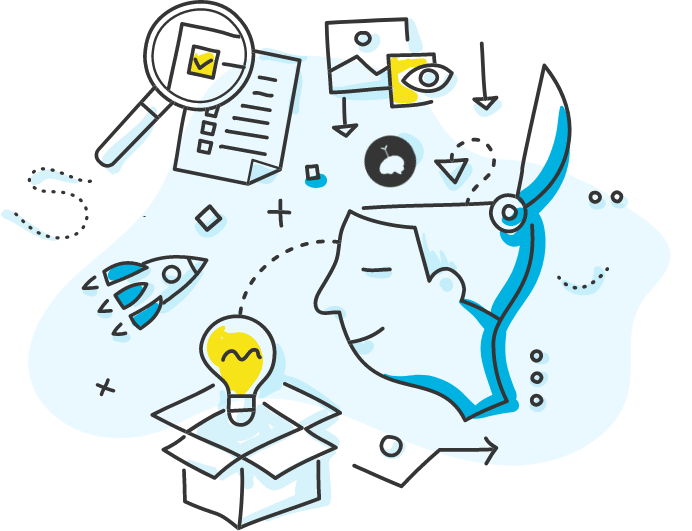Estimated Reading Time: 1 minute, 19s.
 Stacking a bunch of rocks on top of one another won’t help you focus better, but meditation will.
Stacking a bunch of rocks on top of one another won’t help you focus better, but meditation will.
It’s harder than ever to focus. If you look around, you’ll see a long list of devices, people, ads, and a whole lot more clamoring for your attention.1 With so many things you could potentially focus on, being able to manage your focus and attention is one of the most valuable skills you can learn.
All week for Focus Week, I’m writing about ways you can improve your focus, and there are a ton of great hacks I’ve discovered that make it easier to manage your attention. But the one that has helped me the most has been meditation, and I think it will help you the most, too.
I posted an awesome meditation guide that you should read if you want to train your “attention muscle”. Meditation is not complicated; it’s actually quite simple, and the guide I wrote contains everything you need to get started.
Meditation helps you focus better.
- According to one study, participants who meditated were “able to focus more easily, screen out distractions, and [were] better at regulating the impact of stimuli on them”.2
- Meditation calms you down, which helps you focus better. Research has shown that EEG activity actually decreases during meditation.3
- Studies have shown that people who meditate more are able to focus more, and with less sleep.4
- Meditation makes it much easier to achieve flow, that magical place where you become completely absorbed in what you’re doing5
Meditation is often seen as a religious, hippie-dippy practice, but nothing could be further from the truth. If you want to improve your ability to focus and manage your attention, meditate. It’s that simple.
That’s why you reading this means so much to me. The fact that you have so many distractions and are spending your time and attention reading these words I wrote means more than I could express in these few sentences. Thank-you. ↩
Source: http://bigthink.com/ideafeed/how-meditation-helps-you-focus ↩
Source: Meditation acutely improves psychomotor vigilance, and may decrease sleep need. Prashant Kaul, Jason Passafiume, R C Sargent and Bruce F O’Hara. Behavioral and Brain Functions 2010, 6:47 doi:10.1186/1744-9081-6-47 ↩
Source: http://www.athleticinsight.com/Vol3Iss1/Commentary.htm ↩




